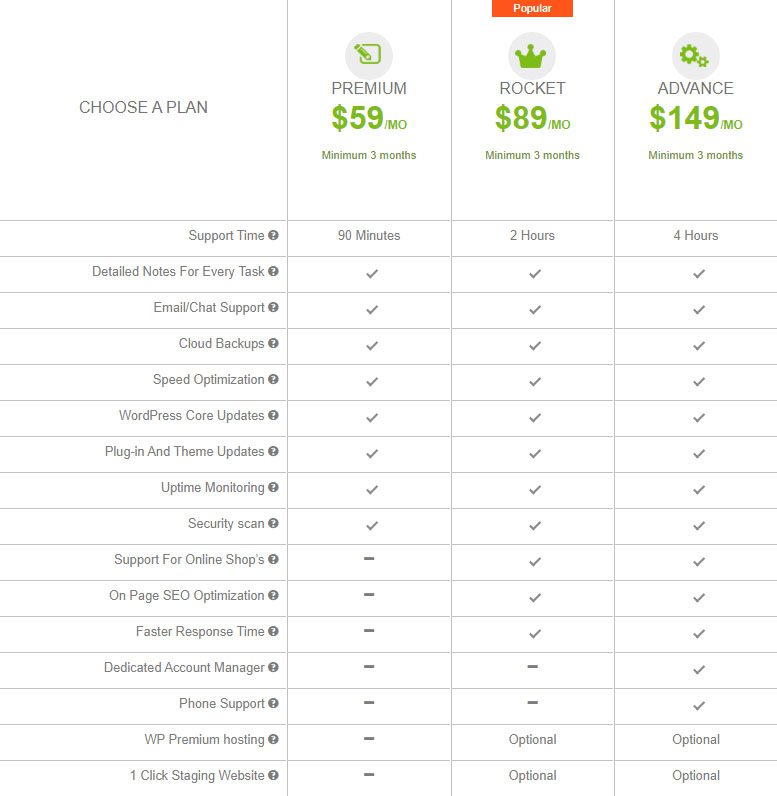Best PHP Accelerators to Speed Up Your WordPress Website

Are you looking for the best PHP accelerator to improve the performance of your PHP-based application? If yes, you’re in the right place!
WordPress is an open-source software that is based on PHP. Therefore, you can use PHP accelerators to improve the performance of your website.
In this tutorial, we’ll explain what PHP accelerators mean and how they work. Then we’ll list some of the best ones to use on your WordPress site for performance improvements.
Content:
- What Are PHP Accelerators?
- Benefits of Using Them in WordPress
- Best PHP Accelerators for WordPress Sites
- How to Install PHP Opcode Cache
- Frequently Asked Questions
- Conclusion
What Are PHP Accelerators?
A PHP accelerator is an extension for PHP designed to improve the performance of PHP apps such as WordPress. They do so by caching and optimizing PHP code on your website.
Whenever a user requests information from your WordPress server, it provides PHP code. However, computers only understand machine language. So, the readable PHP code needs to be translated into machine language. And it requires some time to compile all the scripts.
If your server needs to make this request each time a user wants to view a page on your website, it’ll slow down your website performance. This is where using a PHP accelerator comes in handy.
They work by precompiling PHP scripts and storing them in memory. Thereby, reducing the need to recompile scripts each time a new user accesses your website.
Benefits of Using PHP Accelerators in WordPress
Here are some of the benefits of using a PHP accelerator:
Improved Performance
PHP accelerators improve performance by caching and optimizing PHP code. The cache functionality prevents your server from performing redundant compiling tasks. As a result, your website will respond faster and perform better overall.
Reduced Server Load
Since PHP accelerators cache compiled PHP code, the server doesn’t need to recompile the scripts on each request. This, in turn, reduces the memory load on your application server. Thus, it handles more concurrent requests and scales better.
Enhanced User Experience
Faster response times and improved performance lead to a better user experience. Therefore, users will experience reduced page load times, quicker interactions, and a smoother browsing experience.
Best PHP Accelerators for WordPress Sites
Here, we’ll list the best accelerators to improve your PHP-powered website:
Zend OPcache (PHP Opcode Cache)
It is the official opcode cache for PHP and comes preinstalled with PHP version 5.5 and above. It caches precompiled PHP file code, eliminating the need for PHP to recompile the scripts on each request.
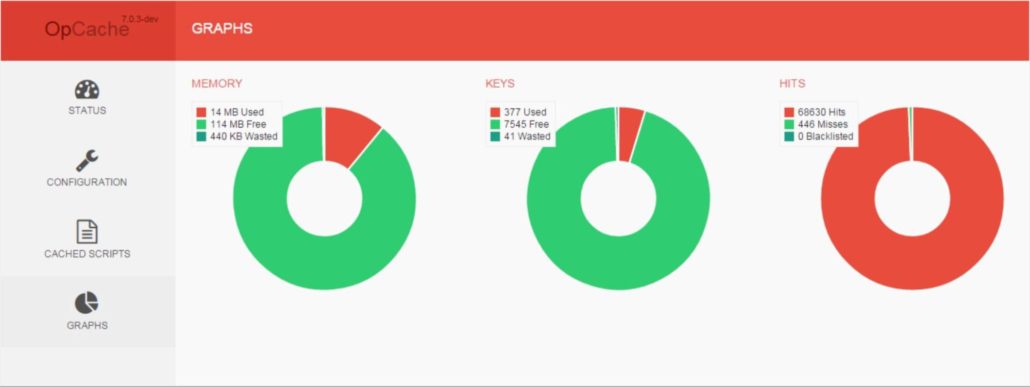
Before becoming the go-to accelerator for PHP, it was a private extension.
After it was made open-source, PHP 5.5 added it as part of its core release. PHP Opcache has become the default accelerator solution since then. The Zend Opcache accelerator relies on shared memory caching to store pre-compiled scripts.
APCu (Alternative PHP Cache)
APCu acts like a super-fast storage space that helps the computer remember and reuse the results of executing PHP codes. It is originally derived from the APC (Alternative PHP Cache) project.
This accelerator focuses solely on opcode caching while excluding deprecated features like user data caching and locking.
Although this accelerator was popular, its development and usage slowed after PHP introduced Zend Opcache to its core release in version 5.5.
APC developers introduced a standalone extension known as APCu that adds support for user caching. It’s designed for WordPress sites running on Apache or Nginx web servers.
If your WordPress hosting supports cPanel, you can easily enable or disable APCu from the PHP Selector page in cPanel.
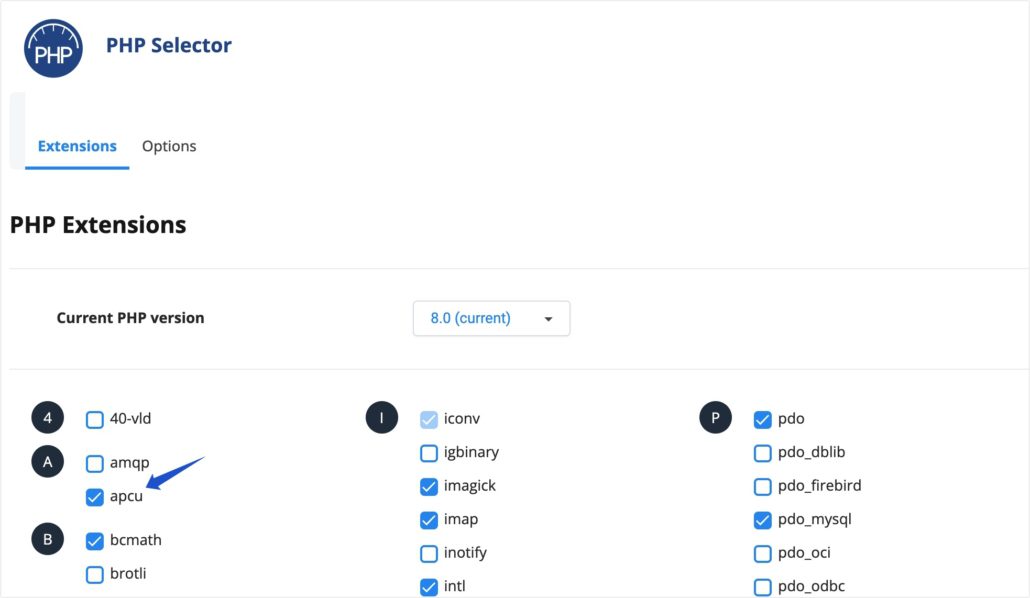
Windows Cache Extension
This PHP accelerator is primarily used on PHP applications hosted on a Windows Server. Although it doesn’t support the default opcode caching that comes with PHP version 5.5, it has some unique caching features.
The Windows Cache Extension supports file caching, which means the server stores PHP scripts in shared memory. And this can significantly improve performance, especially for PHP software that requires access to multiple files on the server.
It also supports User Caching, similar to the PHP APCu extension. This feature lets the PHP engine share data across multiple PHP processes.
It is rare to see a WordPress installation that uses Windows server. However, if your site still uses a Windows server, you can review the official installation guide to learn how to install it.
Other notable accelerators for performance improvements include eAccelerator, Nusphere PHPExpress, and ionCube PHP Encoder. In this guide, we focused on the most popular ones that are actively maintained by their developers.
How to Install PHP OPcache
PHP version 5.5 and above comes prebuilt with the OPcache accelerator. So if you’re using the latest version of PHP, chances are you also have PHP OPcache installed on your server.
If you don’t have any PHP accelerator installed on your server, you can quickly enable it from your web hosting dashboard.
For this example, we’ll show you how to enable PHP OPcache in cPanel. The process should be the same regardless of your WP hosting server.
To start, login to cPanel, then navigate to the ‘SOFTWARE’ section and click the Select PHP Version option.
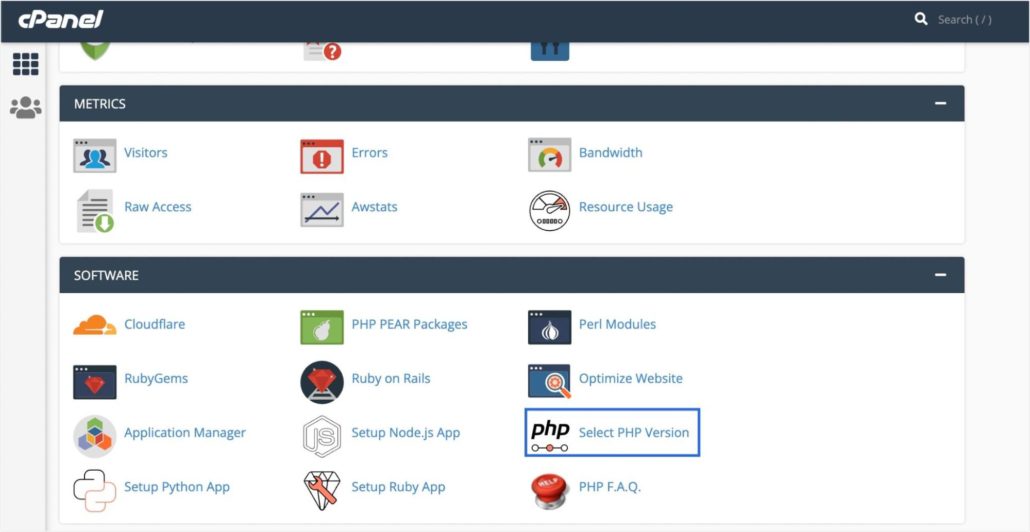
Next, scroll down to the ‘PHP Extensions’ section and enable the opcache option.
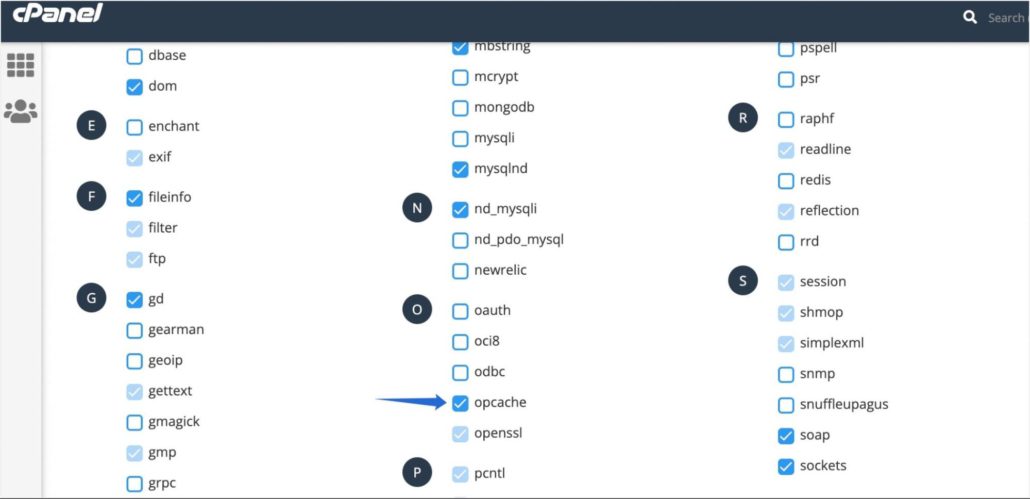
The process will automatically save your changes once complete.
Note: If you wish to disable the PHP accelerator at any time, you can do so by unchecking it from the PHP Extensions page.
Frequently Asked Questions
These are answers to some of the top questions about using accelerators in WordPress:
What does a PHP accelerator do?
PHP accelerators improve the performance of web apps built using the PHP programming language. They do so by caching and storing compiled PHP scripts in memory. This eliminates the need to recompile the scripts each time a resource is requested.
What is PHP APC?
PHP APC is an extension that provides an object-oriented API for using APCu. It includes features like data caching, user data storage, and locking mechanisms. It essentially adds extra features to the Alternative PHP Cache accelerator.
What is XCache in PHP?
XCache is another widely used PHP accelerator offering opcode and data caching features. It provides an opcode cache to speed up script execution and a variable cache to store and share data.
How do I enable OPcache?
The easiest way to enable OPcache on your website is from your web hosting dashboard. If your web host supports cPanel, you’ll be able to quickly enable/disable OPcache from the Select PHP Version page. To learn more, please click here to go to the section of this guide that covers the steps in detail.
Conclusion – PHP Accelerators
Using PHP accelerators is an easy way to improve your website performance. And when it comes to speed optimization, every little step adds up to reduce your website’s loading time.
In this guide, we explained what PHP accelerators mean and how they work. We also listed some of the best options to consider. And then, finally, showed you an easy way to enable OPcache on cPanel.
For more speed optimization tips, check out our tutorials on reducing time to first byte and making fewer HTTP requests.





